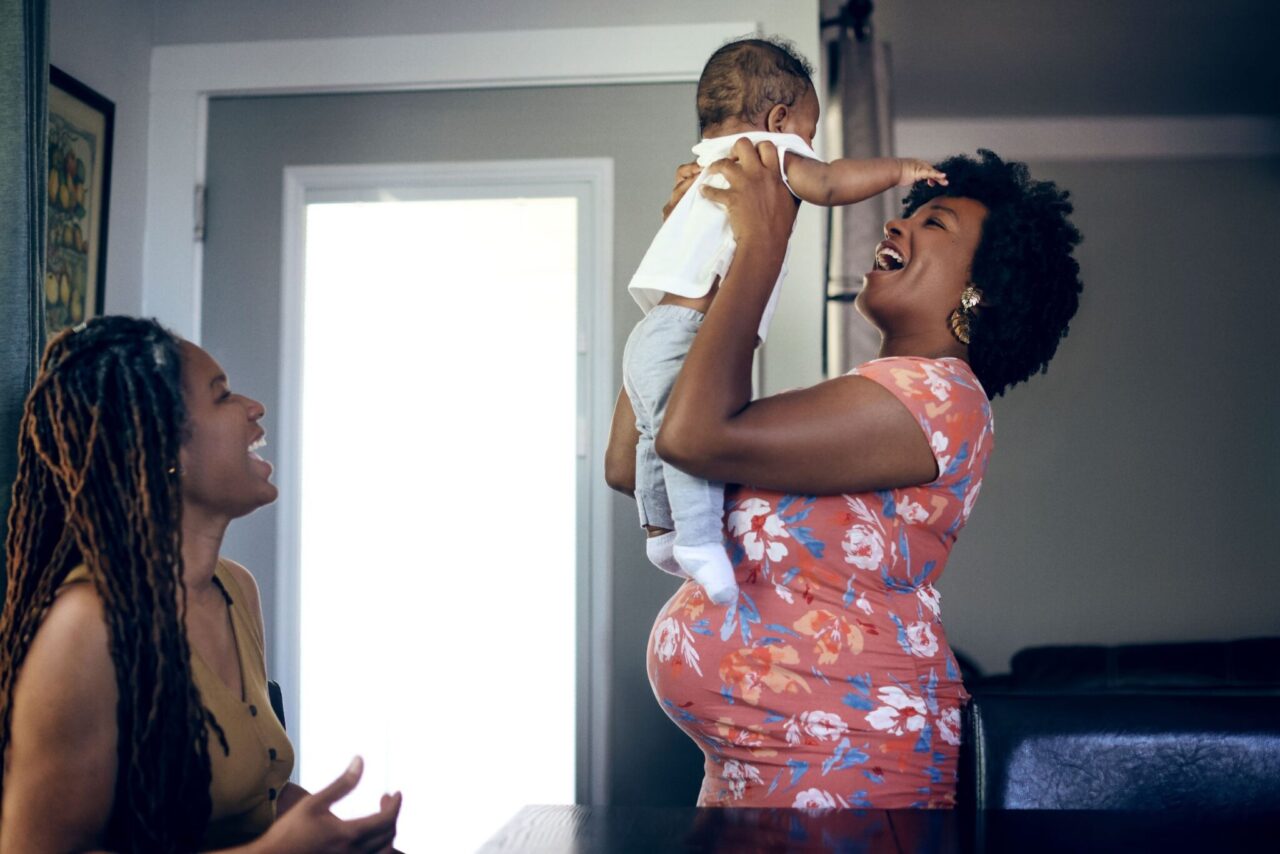Maya Jackson is bringing holistic care to mothers of color. And it may just save their lives.

Jackson has repeatedly seen the impact that subpar maternal care has had on the Black and Brown community in Durham and surrounding areas. The city is no exception to a nationwide crisis noted by health organizations like the Centers for Disease Control, which finds that Black women are three times more likely to die from a pregnancy-related cause than White women.
“We see the struggles that our clients face trying to navigate care during the most important weeks of their pregnancy. Even though we are in the mix of all these major health institutions, our clients still don’t have access to equitable maternal health care,” Jackson says. “If [OBGYN] providers and health systems don’t accept insurances such as Medicaid, systematic barriers like these create a gap for millions of birthing people, and particularly for Black and other women of color.”
That gap has huge implications on maternal health, given that one out of every five North Carolinians is on Medicaid and 58% of that population are women.
“Community members don’t feel like they have a safe space in traditional medical practices, nor in the hospital… Since the pandemic started, some folks are just opting out [of health systems] completely, due to historical mistrust of the medical system and the current state of maternal health outcomes in the U.S.,” Jackson says. “We’re seeing this across North Carolina from every demographic.”
While there are many physicians who provide excellent and culturally aware care to patients of color, many of Jackson’s clients face difficulties with access. And Jackson says institutional racism and implicit bias within health systems plays a major role in how policies are created, which can negatively impact the type of care a birthing person receives.
“There’s a structure of thinking that there’s only one way to provide care…through a hospital,” she says. “We need a more holistic approach to meet the needs of our community.”
While the traditional maternal care route of doctors and hospital deliveries is ideal and obtainable for some, it isn’t for everyone. Home births and alternative birthing methods like water births are options that have gained popularity—especially during the pandemic—and birthing centers are also on the rise. Personal guidance and care from doulas and/or midwives are other options—ones chosen by Jackson after her own negative experience at a hospital where she delivered her first child in a room full of medical students, despite her request for privacy.
“It threw me off mentally, as I was trying to focus and push my little one out. It was a bit of a difficult birth and process,” Jackson says. “Birthing is an intimate experience. I felt violated while being completely exposed to strangers, like I had no control over my body. I just remember not being heard and not being listened to.”
After she delivered her child, Jackson was unknowingly hemorrhaging for several hours before a nurse came back to check on her.
When Jackson became pregnant with her second child, she incorporated a midwife in her hospital birth. With her third and fourth children, she hired a doula and opted for a birth center. “You’re part of the process instead of just being the vessel for the process, and it’s amazing,” says Jackson. “I felt safe. It was so family-centered, and I thought, ‘How can we create this for other people? I want more people to have access to this type of care.’”







